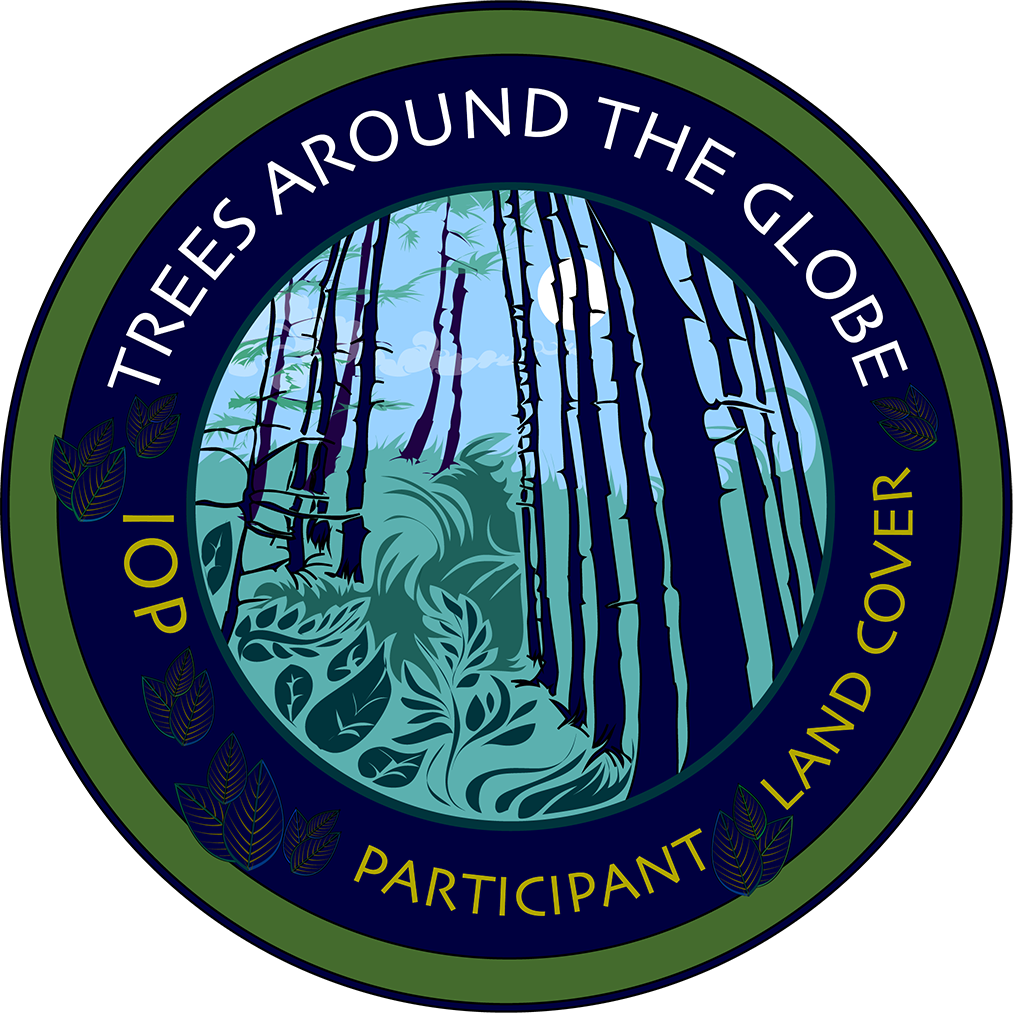Rusty Low is the deputy director for science. She has been active in various roles in the GLOBE community since 2001, most recently as the science lead for the GLOBE Program’s GLOBE Observer Mosquito Habitat Mapper. For this work, she was recognized as a USAID Grand Challenge Female Innovator in 2018 for identifying the need for a citizen science mobile app to fight vector borne disease in low resource communities. A senior scientist at the Institute for Global Environmental Strategies, Arlington, USA, she served as a Fulbright Scholar in 2021–22 in Brazil and is a Fulbright Specialist and UNITAR Global Diplomacy Fellow. She earned her PhD at the University of Minnesota.



Statement of Interest:
Trained as a Holocene paleoecologist, I have a strong interest in the human dimensions of global change, past, and present. My portfolio of experience is balanced between research and teaching experience in university settings and directing science education and outreach efforts on national and international scales. I bring to the classroom research and teaching experiences from Europe, SW Asia, Africa, and North America, a strong sense of equity, a respect for diversity, and a passion for sharing the Earth and environmental sciences with others. I see the potential for digital and online learning modalities to revolutionize worldwide educational equity and access, and to this end, I have prioritized projects contributing to digital OER resource development and delivery in the fields of Earth system science and climate change.
Science Education Experience:
Rusty is the Senior Earth Scientist for Education and Public Outreach, Institute for Global Environmental Strategies. Low has worked with GLOBE since 2001 in several capacities, including International Coordinator for Africa and the Near East, Master Trainer, MN Partner, and volunteer member of the GLOBE International Scientist Network (GISN). She now serves as lead scientist responsible for the development of GLOBE’s new eTraining program, released in April 2016. She is also Workgroup Lead for development of GLOBE Observer protocols for Biosphere and Hydrosphere. Low has served in a leadership role on three federally-funded international and national digital education projects, including the legacy project, Digital Library of Earth System Education (DLESE) and NASA Wavelength (http://nasawavelength.org/), NASA’s digital library of Earth and Space Education Resources. Prior to her current position, she was an Associate Professor at the University of Nebraska and logged 15 years of experience developing and teaching graduate and undergraduate Earth system and climate change courses on-line. She has served as an author, consulting scientist, and/or instructional designer on more than 20 federally funded digital educational media projects with organizations such as PBS Learning Media, climate.nasa.gov, WGBH, and KQED.
Training:
One of the reasons for my long-standing commitment to GLOBE is rooted in the fantastic science experience I had- because of a great elementary school teacher. Teachers can change the world! My fifth-grade class was lucky to pilot an early inquiry-based science curriculum. It was an eye-opening experience to participate in inquiry science at such a young age. It was empowering for me to see how my own ideas and the work I did on real scientific problems mattered. This interest continued through high school, where I was able to volunteer at the Smithsonian Institution in the afternoons after school and on a local archaeology dig for two summers. I went to college thinking I wanted to be an archaeologist and I obtained a BA in anthropology at the University of Maine (USA), and a MA in anthropology and quaternary studies at the University of Alberta (Canada). On the basis of this work I obtained a German Research Council (DFG) fellowship and conducted my dissertation work at Ludwig Maximilian University in Munich, Germany. Through these studies, my interests evolved into a fascination with how prehistoric societies adapted to changes in the environment, and reciprocally, how human activities caused changes in the landscape. This kind of work involves understanding plant ecology and soil science as well as human prehistory. Looking at biogeochemical proxy climate data from lake cores, I became more and more interested in understanding the rapid climate changes that took place since the last ice age. Returning to the U.S., I was awarded a fellowship in the NSF Program, Paleorecords of Global Change, at the University of Minnesota Twin Cities (USA). My interests in human landscape modification, climate change, and archaeology have allowed me to do fieldwork in the Near East (Jordan, Yemen), Central Europe, and the U.S.A.






















